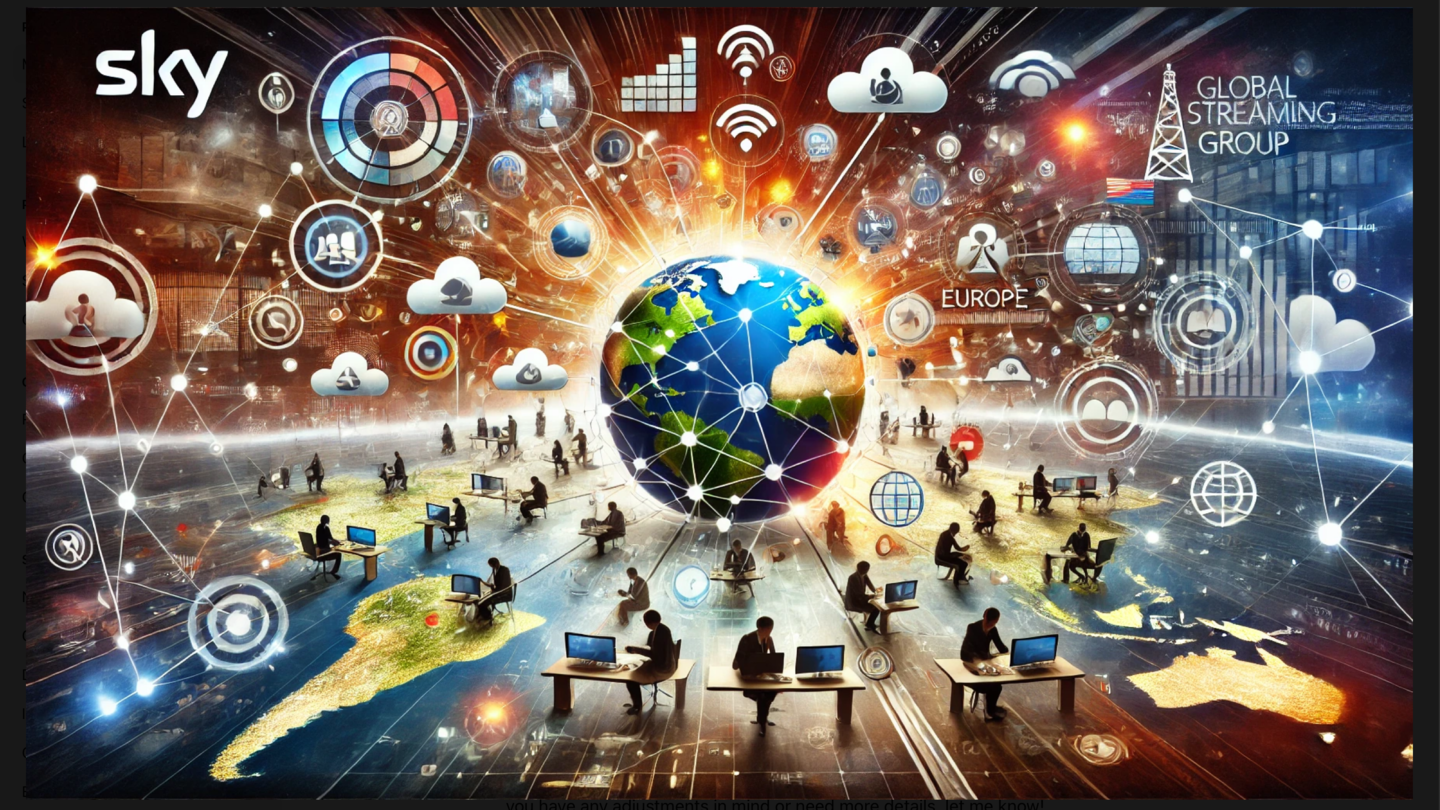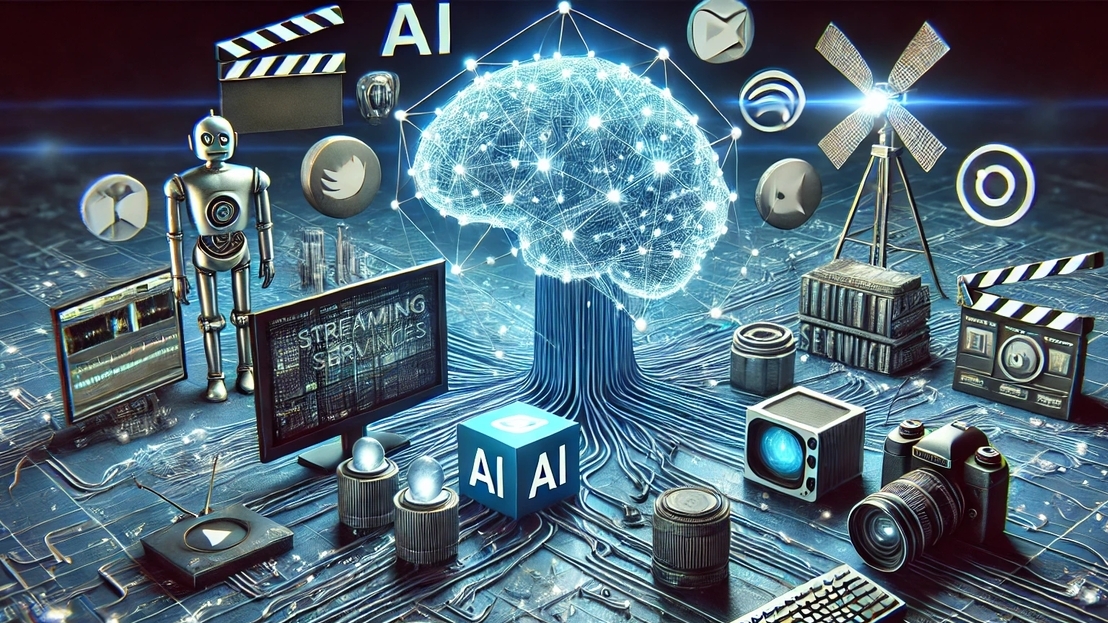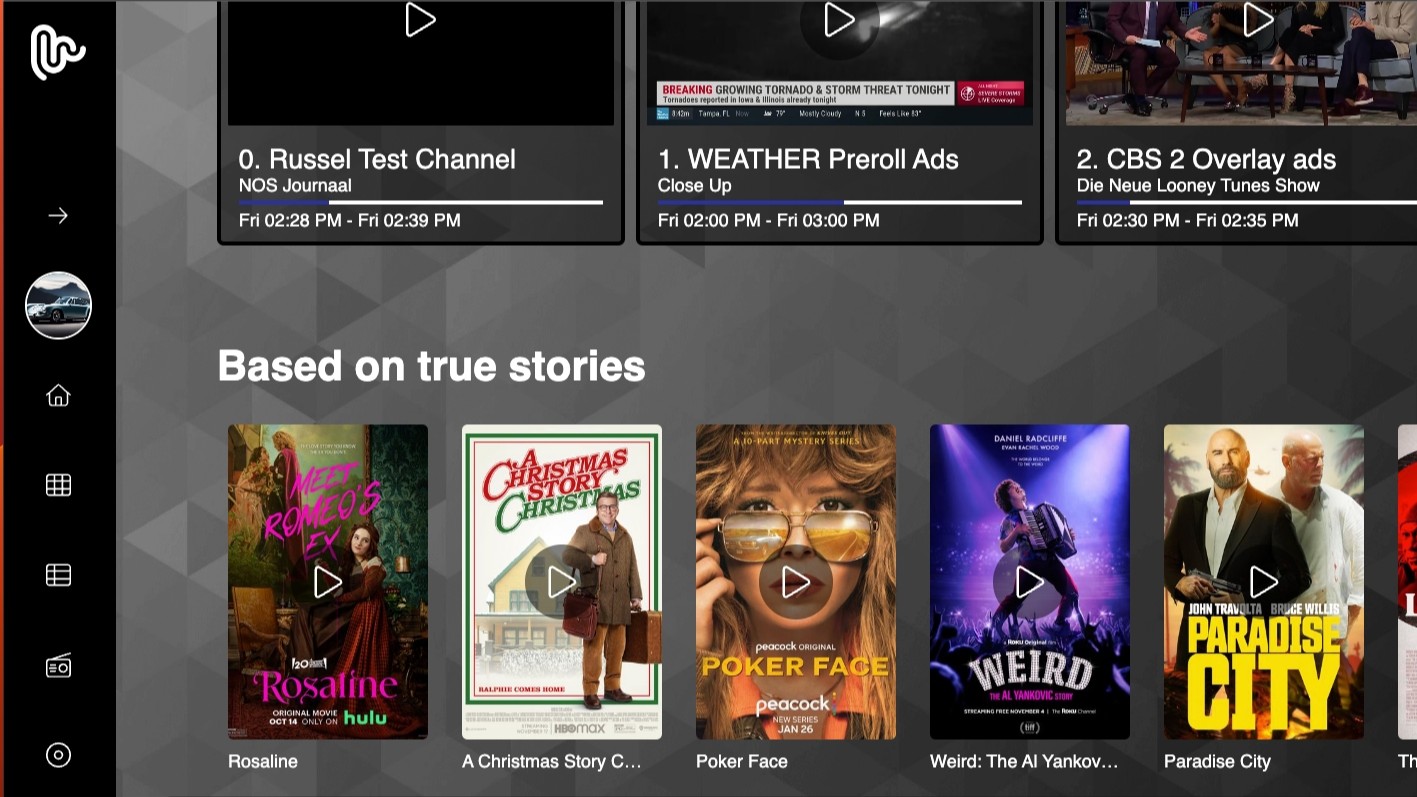Benedict Evans will deliver the Day 1 Keynote presentation, ‘Navigating a changing media landscape: AI and Everything Else,’ at this year’s IBC Conference, illustrating how disruption has become the new normal in today’s media and entertainment ecosystem.
Evans will discuss how the convergence of immersive technologies, AI, connectivity, and personalised content experiences is shaping an era where the industry has the potential to not only capture attention but shape a new media landscape in a world driven by constant change.
Evans began his career in equity research before moving to roles in strategy within media and telecom companies, and eventually, venture capital in Silicon Valley. For the past five years, he has been an independent analyst focussing on how technology changes industries.
Evans describes himself as someone who constantly seeks out the interesting in the industries he examines. He explains...
You are not signed in.
Only registered users can view this article.
.jpg)
End of an era: Retiring Dr. Blakeway says IBC Board is “all about the strategy”
As he retires from the IBC Board, former SCTE President Dr. Roger Blakeway discusses the origins of the collaboration between the two organisations, the development of the IBC organisation, and the show we recognise today.
.jpg)
ITN: Fighting to keep trust in news
News organisations face an increasing arms race against AI companies to protect the authenticity of the content reaching audiences through their channels. AI-powered deepfake content risks polluting the entire information ecosystem, says ITN’s Tami Hoffman, “What happens when people just don’t believe what they see?” Adrian Pennington finds out.

Merging Sky and NBCUniversal: Engineering culture and collaboration across continents
Integrating the engineering teams from three broadcast giants taught Mansoor Fazil, Director of Global Platform Engineering at Sky that international merging meant acknowledging cultural differences and staying ahead of consumer habits. Fazil spoke to IBC365 to share insights into Sky's cloud-first, hybrid approach and its focus on emerging technologies which will create expansion – at scale and even further afield geographically – to meet their future goals.

Rise: “Nothing changes unless everyone’s involved”
Fresh from the success of this year’s Rise Awards, Sadie Groom, Rise Founder and CEO, discusses some of the winners, the evolution of the event, and the organisation’s plans for the future.

Sky without limits: how Cloud and IP are transforming a broadcasting giant
Sky is in the midst of a multifaceted digital transformation aimed at redefining both operations and the customer experience. IBC365 spoke with Cristina Gomila to find out more.





